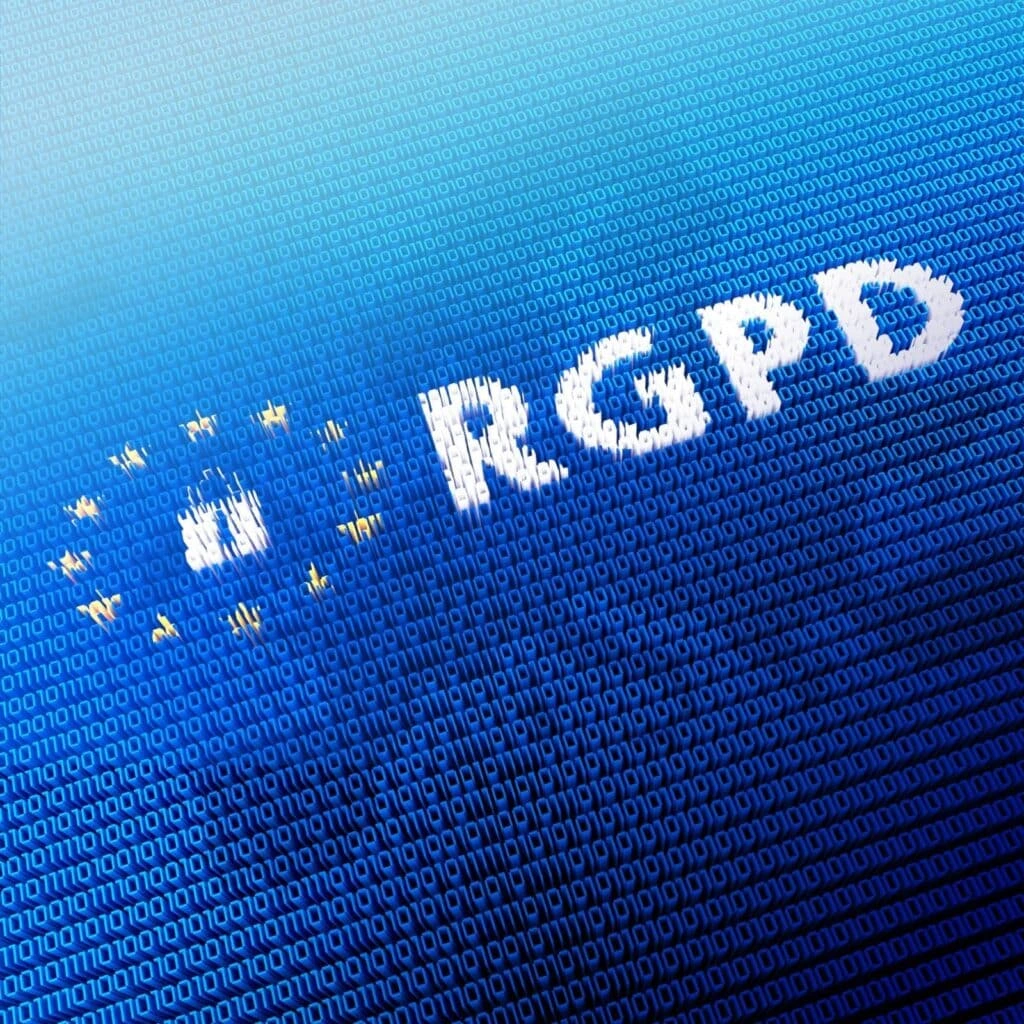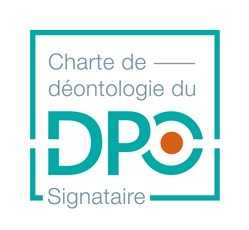The General Data Protection Regulation (GDPR) is a set of rules and regulations established by the European Union (EU) to protect individuals’ rights and privacy regarding their personal data. Here are some key points to remember:
- Scope: The GDPR applies to all organizations, whether located within the EU or outside, that collect, process, or use personal data of EU residents, or that offer goods or services to EU residents;
- Obligations: Organizations must comply with the requirements of the GDPR, including the lawful, fair, and transparent collection and processing of personal data, obtaining explicit consent from individuals, limiting the purposes of processing, minimizing the data collected, ensuring individuals’ rights such as access, rectification, and deletion of their data, securing data, and notifying personal data breaches;
- Sanctions: In case of non-compliance with the GDPR, organizations may face financial penalties up to 20 million euros or 4% of the organization’s global annual turnover, whichever is higher. Therefore, it is essential for organizations to comply with the GDPR requirements to avoid such penalties;
- Benefits: Complying with the GDPR offers benefits for organizations, including strengthening consumer trust in data protection, protecting the organization’s reputation, avoiding financial penalties, and adopting ethical and responsible data processing practices.
In summary, the GDPR is mandatory for all organizations that collect, process, or use personal data of EU residents, and it is crucial to comply with its requirements to ensure the protection of individuals’ rights and privacy, avoid financial penalties, and strengthen consumer trust.





